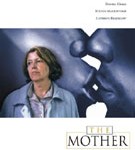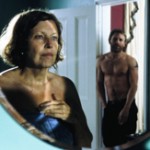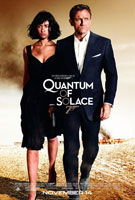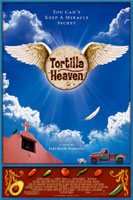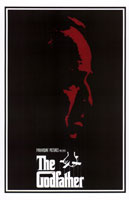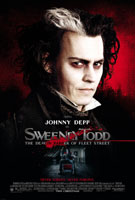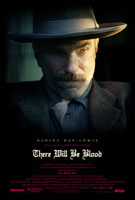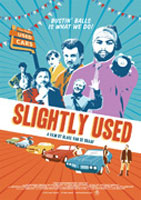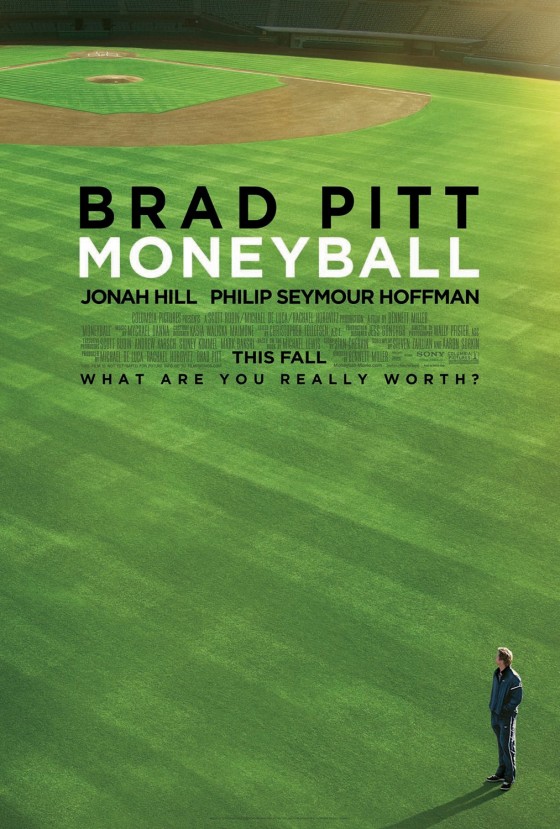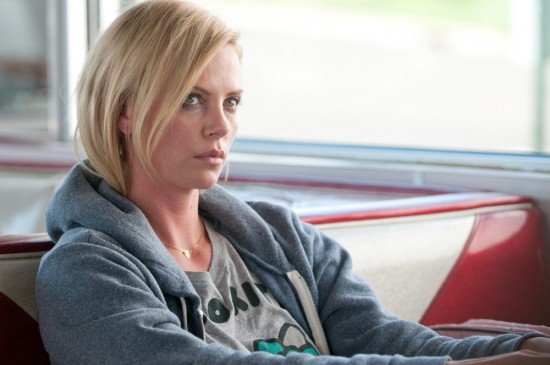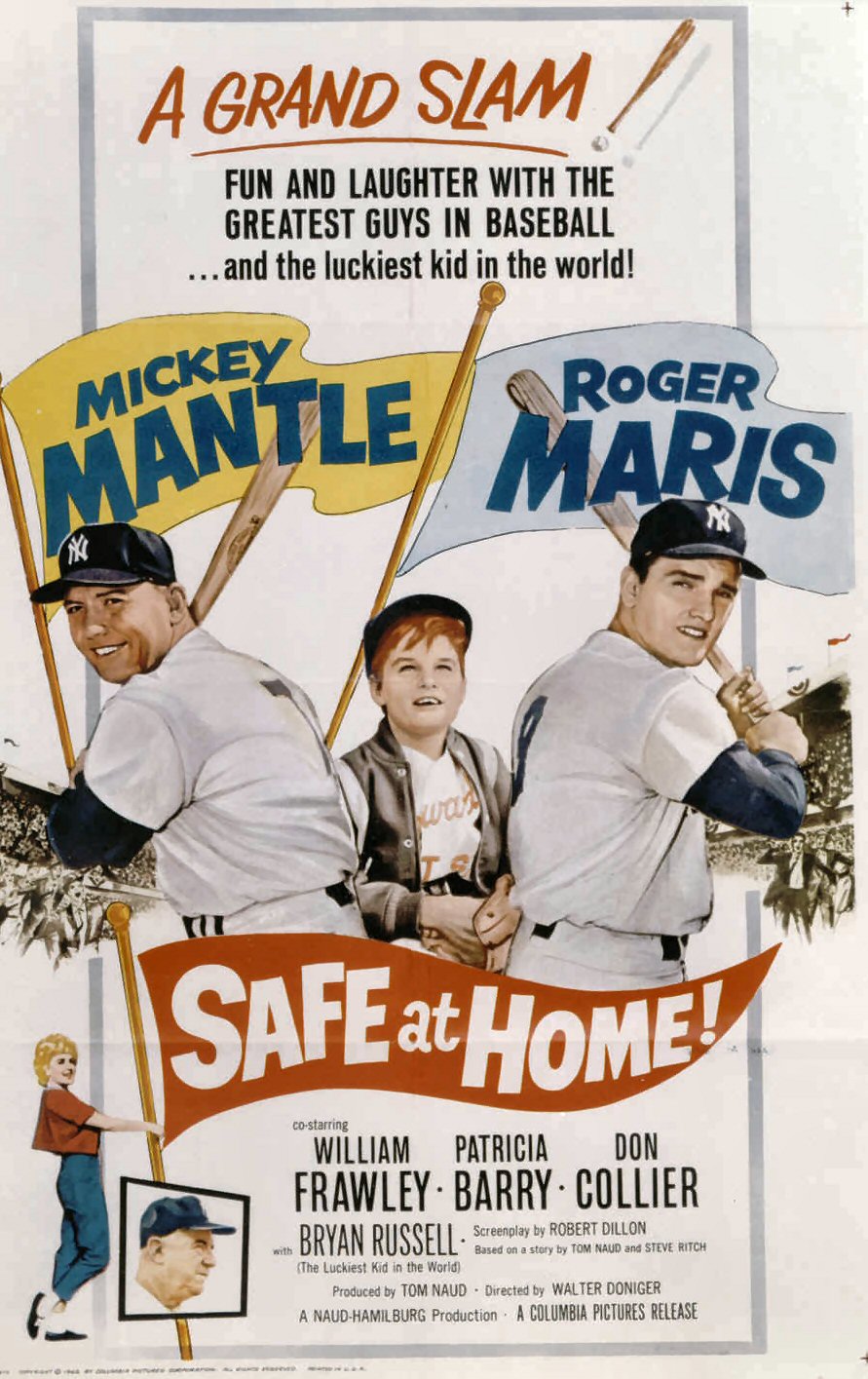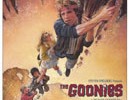It’s kind of funny how context influences our perceptions. Any plot description is going to make Roger Mitchell’s The Mother sound like the average dysfunctional family who deals with their problems before a national audience on The Jerry Springer Show. But The Mother is more respectful than that. On the surface the events themselves might seem trashy, but the film is anything but.
In light of 2002’s About Schmidt, The Mother feels like a reaction from the female perspective. After her husband dies, May (Anne Reid), a grandmother, moves in with her daughter, Paula (Cathryn Bradshaw). Paula, a single mother, has always had a self esteem problem. It doesn’t help matters that she’s having an affair with a married man, Darren (Daniel Craig), who also happens to be the carpenter at Paula’s brother’s house. Paula is convinced that Darren is ready to leave his wife and commit to her. As if the groundwork for something sleazy wasn’t already laid, May and Darren discover they have a thing for one another. No, it’s not talking over tea. They share a mutual lust for one another that has a tendency to get very steamy at times. So here’s a mother who is sleeping with a man half her age who is actually a married man having an affair with said mother’s daughter. I can hear the crowds chanting, “Jerry! Jerry!” now.
But hold on just a moment. The Mother doesn’t come close to be trashy. In fact, I’d say Mitchell made something quite classy. A big part of that comes from the brave performance from Anne Reid. Comparing again to About Schmidt, Kathy Bates got a lot of praise for her very buff dip in the hot tub. Reid looks to be around the same age as Bates and not only does she show almost every inch of her skin, she does so in graphic fashion that lasts longer than a couple of frames. Reid is also able to negotiate being both a passive controller of her family, who would all rather see her get on with her life and go back home, and a fragile victim. As May struggles to find herself and form a new identity after half of her essentially dies, her children never once stop to ask how she’s doing other than the occasional token gesture. Perhaps the saddest theme running throughout the film is that everyone is out for themselves. Even May is guilty of this as she’s putting her own carnal instincts before the emotions of her daughter.
Ever since the Farrelly brothers took gross-out comedy to another level and Tom Green went even further, I’ve struggled to find a film with broad appeal that comes up with something that’s still considered taboo. As limits have been pushed and lines crossed, we’ve become a pretty desensitized lot. However, The Mother proves that some things still are taboo. Public talk of sexuality rarely includes seniors. It’s normally something that’s imagined to be shared between people in the younger stages of life where we’re all still magazine-attractive and no body parts are sagging. Not only is a senior doing it here, she’s doing it with a young buck. Needless to say, much of the crowd (myself included) left the theater somewhat dazed, unsure of how to react to something we didn’t really respect. I was in no way disgusted by it, but it was a shock to the system.
While much of the film is honest and moderately low-key, towards the end things tended to get a little too melodramatic for my liking. Something that was for the most part understated was all of a sudden loud and quick to react. Sure, everything was coming to a climactic head but the shift in tone was far too extreme, especially when there was nothing wrong with the established one.
The Mother is likely to be remembered first for giving seniors a visible sex life. Perhaps that’s unfair considering Mitchell deals with much more than that. This is a well acted drama that adds to the grief canon resurrected with About Schmidt. And as the Baby Boomer generation continues to ago, films such as this will only become increasingly relevant.
The Mother Gallery
Trailer

